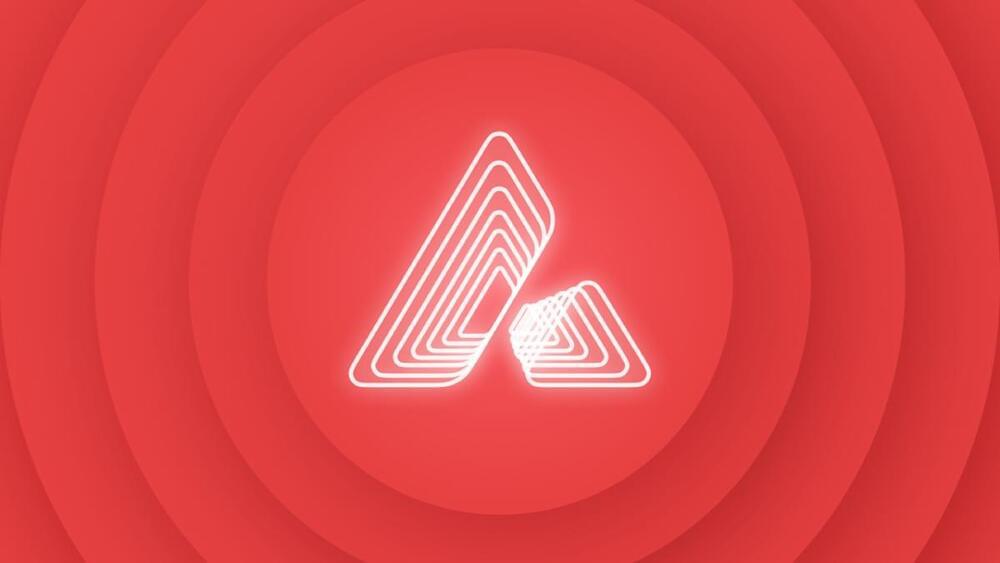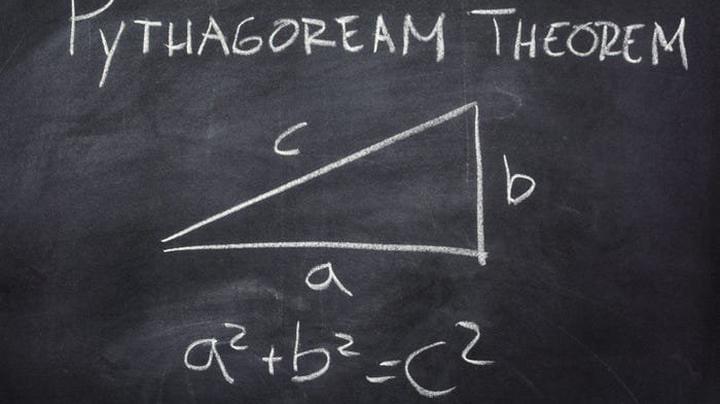https://youtube.com/watch?v=WB2i3tRySLg&feature=share
🤖 Beeyond Ideas follows the story of Harry, the future human-machine synthesis.
Follow Harry’s adventure on Nex by subscribing to this channel.
Want to support our production? Feel free to join our membership at https://www.youtube.com/BeeyondIdeas/join.
See behind the scenes and everything else at https://www.instagram.com/beeyond.ideas/



